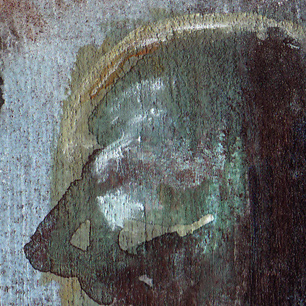Another Writing Game
I was between lives in Japan: new apartment, looking for a new job. All my foreign friends from the previous job had taken their flights back to their respective countries. I was finally alone — no more friends in our community to take up my time. I now had extra time for writing and working on my art — even if now, I had no one to talk to.
I had spent months without writing a fragment or making a doodle. Now, I had nowhere to start. The countless ideas and fascinating experiences that were tumbling toward me everyday I lived in this foreign land were not enough to get me going.
At the library, I found a small section of books in English. I wanted to read whatever I could from Japan. I found an English translation of a book on Japanese poetry from a thousand years ago that collected the “one hundred best poems.” I read the book and didn’t think much of it in the end.
But this particular edition was illustrated by simple black and white images that seemed to have come from woodcuts, one for each poem in the book. The images were similar to one another, so much so that many of the personages seemed the same. They had nothing to do with the poems, which had come from varying sources. The images were obviously influenced by the stylistic limitations of the artist. This person seemed to be drawing the same bald monk in the same temple settings doing various things. I got the wild idea I was going to narrate these pictorial adventures. I had a recurring character and setting and situations. I came up with a few rules for my writing game. Each image was going to be depicted by a single sentence. They had to narratively connect. And I had to do this with no planning, in one sitting.
By the end of the story, I had a hundred sentences that the sharp eye of an expert reader would recognize as something that was brewed off the seat of your pants. It was experimental, yes, but not interesting, really.
It didn’t matter. If it were a game that you can win or lose, then I lost, as the story clearly showed. Most such experiments are adventures against what seems like opponents that are invincible. But the forward energy it created cascaded into the next thing and the next. Over the following nine months in Japan, I was writing everyday. The results were often surprising, as if in this new place, I were wrestling with a new way of thinking. I was also drawing some of the most inventive (if not effective) ink wash paintings I had done till then. Are such games the type that you win? I know the answer to this, but I feel I still have to ask.
